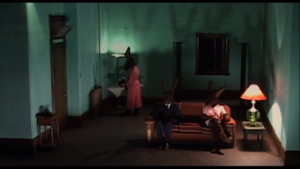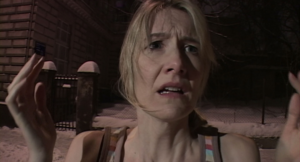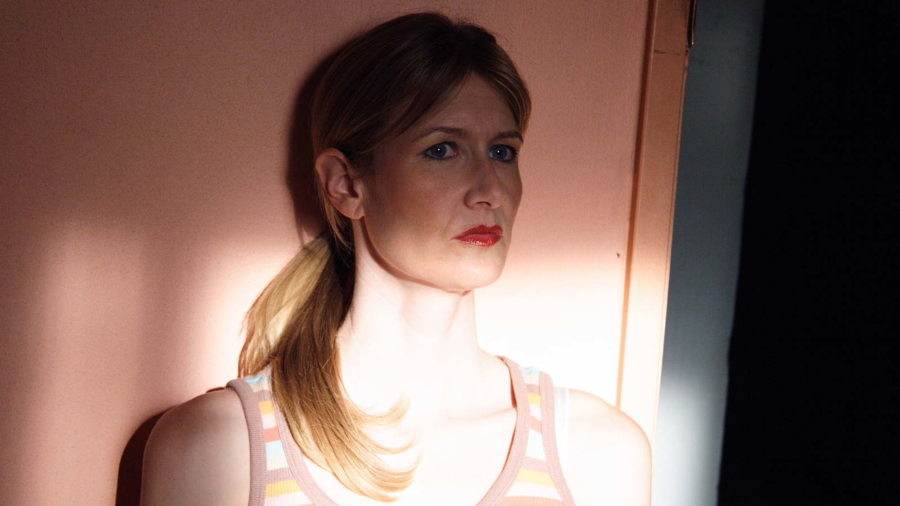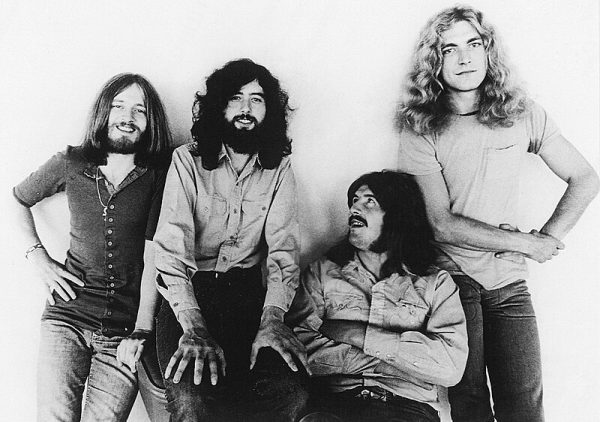Meditations on Inland Empire
When I walked into the one-room Beacon Cinema for a screening of the new 4k restoration of David Lynch’s Inland Empire, I really did not know what I was getting myself into. The film is a beautifully grotesque fever dream, compiled from various nightmarish digital shorts that build a complex, non-linear (and most definitely non-literal) narrative about dreams, sex, movies, and death. In what the director stated was his final contribution to the cinematic art form, which has remained true outside of a TV miniseries and several short films, Lynch has once again shown his mastery of translating ideas onto film, or, in this case, digital. This movie looks like it was shot on an early 2000s home video camera, because it was. The idea of a 4k remaster is almost laughable: how can a resolution that large be derived from something of such low technical quality?

Lynch was one of the first popular auteurs to fully back the digital video medium. While Tarantino, Nolan, and Scorsese have all clung to the deep and textured look of film, Lynch has taken full advantage of the smaller, more mobile camera to create nauseating close-ups with distorted lenses and a handheld jaunt that makes it look even more like a home movie. Nauseating is a very intentional word. It might’ve been the small theater or the pain in my back, but claustrophobic is another perfect descriptor. With the three-hour runtime, there is a constant feeling of being trapped. Almost immediately, deep anxiety and fear settled in the top of my stomach. It was a sensation that didn’t lift until the morning after I had seen it. It’s not your traditional horror movie. There’s minimal blood and only a few jumpscares, but when these horror-inducing techniques are used, it is with mastery and care that renders each of them incredibly effective.

Everything has an unnatural feel to it, from the aforementioned dirty digital look to the trademark Lynchian dialogue, the violently unrealistic special effects, and the non-linear story. It’s not that it’s an impossibly confusing film, it just requires a lot from its audience. It’s almost like a puzzle or a scavenger hunt. There are long stretches of time where characters will be saying strange and seemingly random things while the film hops between realities, timelines, and characters. Eventually, there will be some sort of callback, a reveal, a clue to something said before. It never outright tells you what the connection means, but it does reveal that it exists. “I’m good with animals,” a clown, references different in-universe films as well as Inception-style movies within movies, and questioning realities that are made possible by the reveals of these clues. If I sat down with a notebook and a remote with a rewind button, it seems it would be possible to find all of these connections and form a basic idea of what Lynch’s inspiratory ideas were. That isn’t to say I want to know exactly what this film means to him. That’s what’s so special about his movies: they always ask the audience to figure out a meaning for themselves. It’s never force-fed, and Lynch consistently dodges questions about what his movies mean, or what they are trying to say. That’s up to the audience. A David Lynch movie, especially one as dark and disturbing as this, is not a film you can put on in the background or watch with your brain turned off. Lynch is seeking to actively engage you in the viewing experience. It’s never about the literal plot or what the themes and characters are about outright. He’s all about translating ideas from his mind to ours to invoke an emotional response. It’s a beautiful way of making art, and I love him for it.

In Inland Empire, Laura Dern plays the lead role, “a woman in trouble,” as Lynch puts it. As one of his most frequent collaborators, it seems Dern and Lynch have a deep connection as artists that elevates everything they do together. Dern gives herself over completely to the film’s controlled madness, leading us into its depths and struggling with us to comprehend what, if anything, is “real”. Backing her up we have Lynch alumni Justin Theroux and Harry Dean Stanton, as well as Peter J. Lucas, Karolina Gruszka, and the impeccable Jeremy Irons. Every performance is great in the Lynchian way, which is to say that they would be completely out of place if handled by any other director. The less you know about the plot that emerges a while into the film, the better. It is constantly shifting and changing, in timelines, realities, and themes. As soon as you are sure that the film is going one way, it completely changes place to another time with different characters, who, unhelpfully, are often portrayed by the same actors.

I was definitely bored many times throughout the film, attempting to find something in the plot to latch onto and ride for a little while longer. But then, at some point near the two-hour mark, there was a shift. Connections were beginning to make a little more sense, and I was able to reason out the little clues and make assumptions about what different things could represent. Everything is intentional, nothing is actually random. I was fully into the film at this point, my brain firing every synapse trying to keep up. The accents, the animals, the lights. It came to a final scene where I thought everything was wrapped up and it all made some semblance of meaning clear, but then… it kept going. Two more scenes that appeared to conclude stories that I seemingly missed or didn’t fully grasp left me with more questions than ever before. The film scared and disturbed me enough that I don’t feel like rewatching it for quite some time. Many of its mysteries will be hidden from me until that time comes, and some of them will remain mysteries forever. But, I am content with my interpretation, proud that it is different from many others. I had to work really hard, actively participating in the film like Lynch wanted. To say it made me think would be a gross understatement. The ideas it presented are difficult but important, and many are revealed in a wholly unique way. It is ugly, it is beautiful, it is simple, it is complex, it is real, it is unreal, it is a dream, it is awake, it is and it is not. It is David Lynch.





